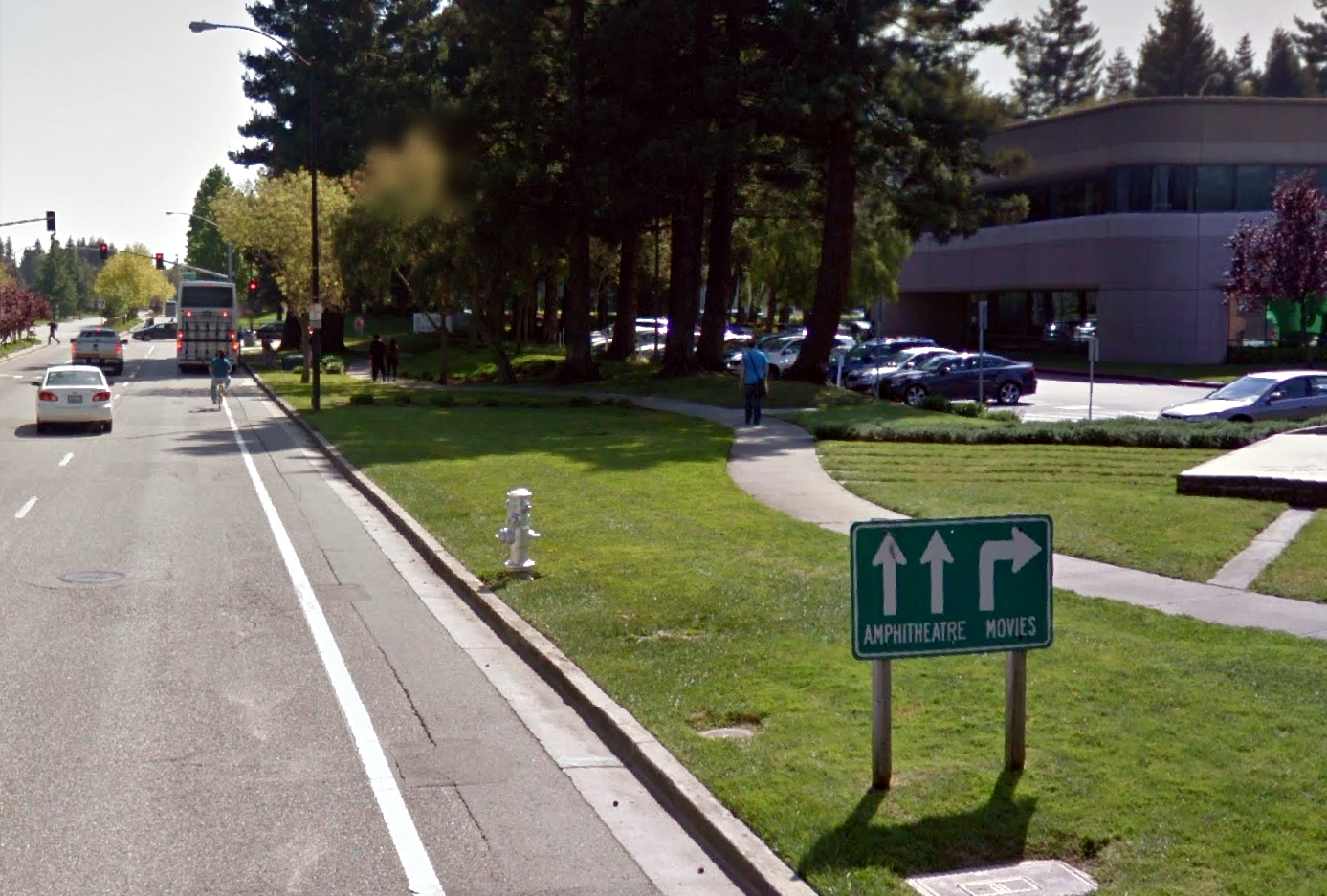It was the summer of 1986 and I was in the middle of a one-year suspension from college.
I was the kind of kid with enough natural aptitude that I managed to skate by in school without ever seriously needing to apply myself. I was so good at it, in fact, that I skated right into a high school for gifted students (admission to which was by citywide exam), and then continued to do well enough, if not quite distinguish myself, even though I was now surrounded by some of the brightest and hardest-working students from all five boroughs. There were a few close calls where a research paper or some other assignment actually required prolonged, hard work, and I’d spend weeks with little idea of how even to get started, and then scramble as the deadline approached to produce something terrible that might at least manage to be somewhat acceptable. More than once, making the terrible thing be somewhat acceptable required me to wage a charm offensive on a teacher, talking my way into a passing grade.
By the time I got to college, my lack of work ethic and time-management skills came home to roost. I stayed afloat for a couple of semesters but, by the end of my third, had such poor grades that the Dean’s office suspended me for a year.
I stayed in town during what should have been my fourth semester. While my friends continued to attend classes, I got a job and an apartment, neither of which was very good. I was lonely and unhappy.
Luckily my friend Julie, who was taking the same classes I should have been taking that semester, asked me for help with her schoolwork. And now something changed: although they were challenging, second-year-of-college-level assignments, and although they required applying myself, I did apply myself, and took pleasure in the hard work. I wrote to the Dean about my newfound interest in the material, and my renewed dedication, and arranged an interview with him, in which I convinced him to let me back a semester early.
Still, that might only have been another successful charm offensive, talking my way out of trouble without addressing the underlying problem, if it hadn’t been for what came next.
Summer break arrived and everyone prepared to leave town for a couple of months. My crappy sublet ended and I lined up a new apartment for the fall — a nice one. I rented a storage unit to hold my stuff during the summer and a U-Haul to get it there. Both the storage unit and the U-Haul were too big for my few worldly possessions (my modern clutter-encumbered self recalls wistfully), so I invited some friends — two roommates from a nearby dorm — to share my storage space, and the cost.
Somehow it worked out that they accepted my offer and paid their share without our ever agreeing to also share the work of loading the truck, driving it to the storage unit, and unloading it there. With little more than a “thanks, bye!” they handed me the keys to their dorm room and left town. When I let myself in, I found that in their eagerness to hit the road they hadn’t even bothered to pack up — and dorms had to be vacated by the end of that day.
If this story took place today, I would have simply texted “WTAF!” to my friends and gotten them to return, and help. But in 1986 when you were gone, you were gone. Everyone else I might have enlisted or bribed to help me was gone, too. After an impotent little tantrum — during which I briefly entertained and rejected the spiteful idea of leaving their things in the room and letting the university confiscate them — I realized there was just one thing to do, and no avoiding it: the hard work.
Trying to maintain a modicum of respect for their belongings, I packed up their room into what boxes and bags I could scrounge, and carried them one by one by one to the truck in the rising heat and humidity of an early-summer afternoon in Pittsburgh. Books, papers, clothes, shoes, bed linens, toiletries, beanbag chairs, desk lamps, wall hangings, and more were left to my care. I muttered to myself, and swore, and promised myself that when we all returned in the fall, I would make them do the work. By the time I had their room cleaned out it was late afternoon and the sweat was pouring off me. I knew I had only until 7pm to get everything into storage and return the rental truck, but I felt like I couldn’t lift another thing.
A 30-minute air-conditioned ride to the storage unit revived me, but once I resumed clambering in and out of the truck, hefting unwieldy boxes and bags with the clock ticking, I was quickly back to the edge of despair. Finally, after forever, overheated and underhydrated, I finished. I locked the storage unit, closed the truck, returned it to U-Haul, and collapsed in my denuded apartment, where I slept the sleep of the righteous ahead of my own departure the next day.
Over the summer, I told that story a few times — indignantly at first, at having been left on my own by my thoughtless so-called friends — but shifting after a few retellings to pride at having buckled down and done the work.
When the fall came, I emptied the storage unit by myself and (not without a certain amount of self-satisfaction) brought my friends’ belongings to their door.
My main memory of the months that followed is of hour after hour spent sitting at the desk in my apartment, working through difficult assignments in abstract algebra and digital circuit design and, when I was through with those, contributing articles and cartoons to the school newspaper. I started getting regular exercise, doing laundry before it became a crisis, and cleaning my bathroom ever. I got off the Dean’s shit list and onto the Dean’s List. And I impressed one of my professors enough for him to hire me for a summer internship that turned out to be the start of a decades-long professional career, a career that contains performance review comments like this one: “Bob demonstrates total persistence on the most gnarly tasks.”
To this day, whenever I’m trying to power through some difficult bit of work, I think of a sweaty summer afternoon in Pittsburgh, and the appealing new sensation that was born in me that day, when I had no other choice but to apply myself: self-respect.

